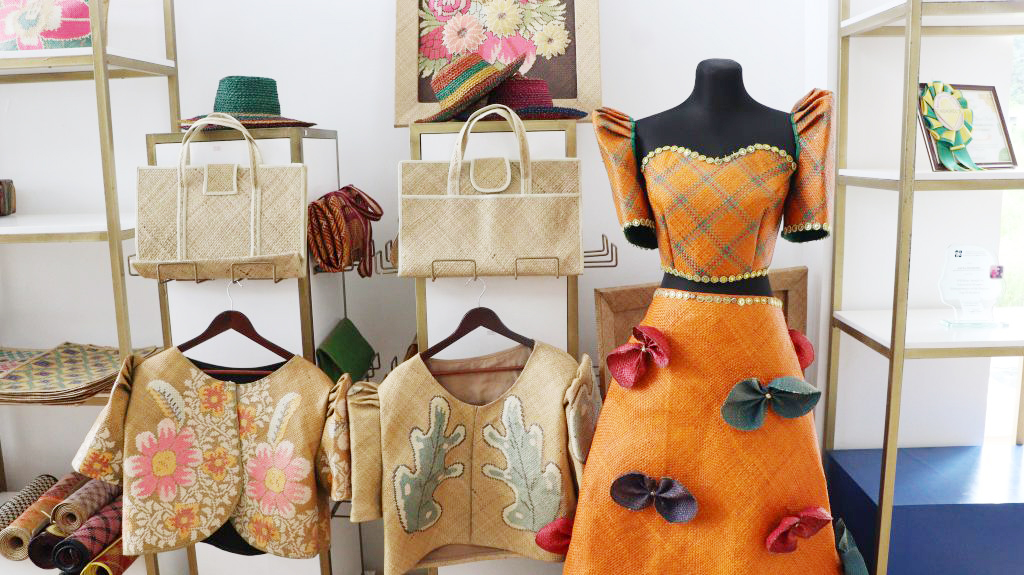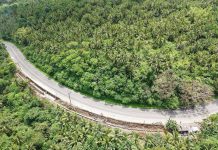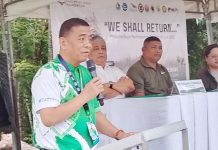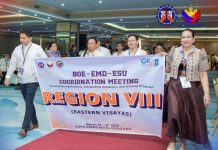
CATBALOGAN CITY– The ‘tikog’ weavers of Basey, Samar, used to wait over a week for tikog, or wild grass, to dry under the sun.
This grass is used as raw material for their woven bags and other artisan items. Now, with the new eco-dryer facility, they can dry the grass in just one day, free from weather worries.
This significant advancement was enabled by a project recently funded by the Department of Science and Technology-Community Empowerment through Science and Technology (DOST-CEST), which cost over P500,000.
The initiative supports over 1,200 members under the Basey Association for Native Industry Growth Inc. (BANIG) by providing an eco-dryer facility and dyeing techniques, enhancing their production capacity, and preserving their cultural heritage.
“This project was proposed because of the needs of the weaving communities, especially the BANIG, for them to have a drying facility. The province of Samar sought the assistance of the DOST to adapt the technology of the DOST-FPRDI on the eco dryer,” said Emelyn A. Maglahus, supervising science research specialist of DOST Samar.
Increased productivity
The traditional method of drying tikog grass can take up to three days, depending on the weather conditions, based on Florencia Octa’s experience, a skilled Tikog weaver from the Basiao Native Weavers Association (BANWA).
She explained that once the grass is dried, it is then colored and dried again before being flattened in preparation for weaving. The entire process of producing a single product can take more than a week to complete.
With this recent innovation, the drying time has been reduced to less than a day. This allows them to work more efficiently and produce higher-quality products in under a week, according to Anita Ogrimen, the president of BANIG.
“We are having difficulty drying Tikog and Buri, so by using the eco-dryer, we won’t struggle anymore because we can dry the Tikog and Buri, allowing our production to continue. Unlike before, without the eco-dryer, if we run out of usable Tikog, production stops. We are very lucky and grateful to DOST for having a program like this, as their support is truly a great help,” said Ogrimen.
Concerted efforts
To support the production efforts of Tikog weavers, the Department of Trade and Industry (DTI) also provided flattening and sewing machines, financial assistance, and technical training.
The Department of Labor and Employment (DOLE) facilitated the cultivation of tikog grass. The provincial government also supplied a building for the weavers’ workplace, while the local government unit of Basey contributed a water system.
All these concerted efforts culminated in the remarkable success of tikog weavers, allowing their exquisite products, such as bags, coin purses, home decor, and Filipiniana attire, among others, to be showcased at various regional, national, and even international trade fairs.
The items sold by the Tikog weaving community at trade fairs help meet their families’ basic needs and allow them to support their children’s education.
The adoption of eco-drying technology for tikog weavers in Basey, Samar, boosts production efficiency and preserves cultural heritage. This initiative, backed by government agencies, empowers local artisans to thrive in competitive markets and share their craftsmanship globally.
(AAC, PIA Samar)



